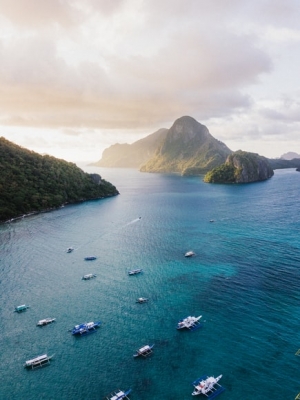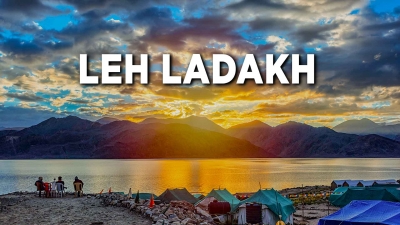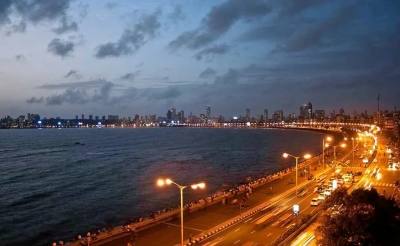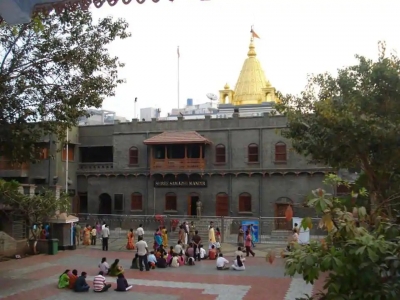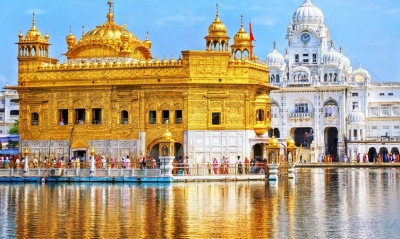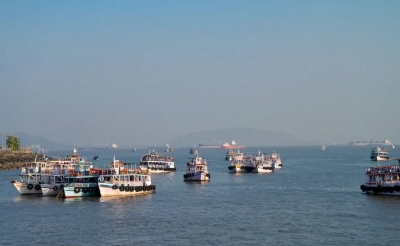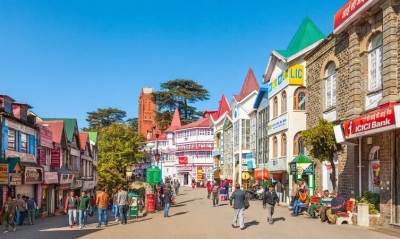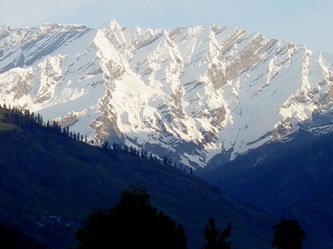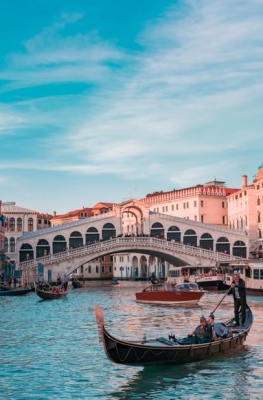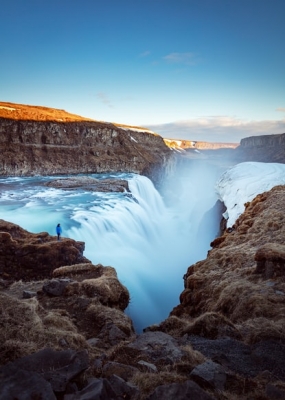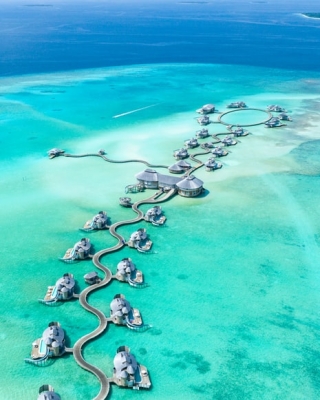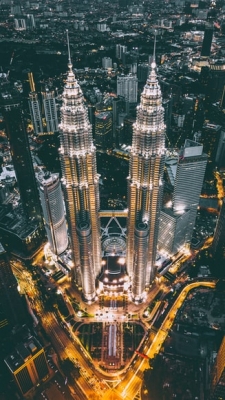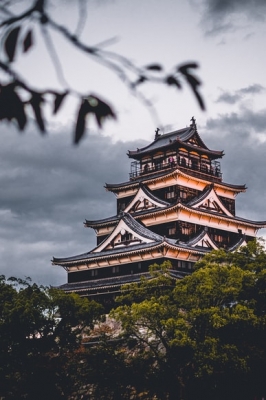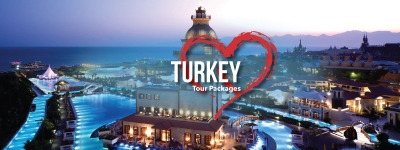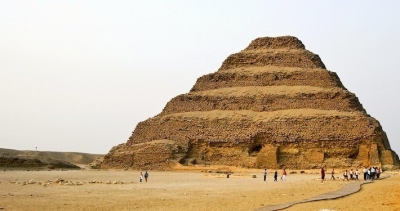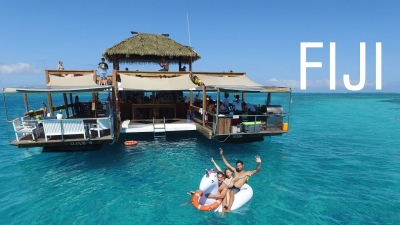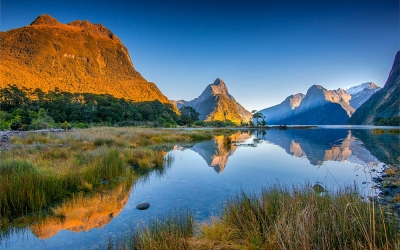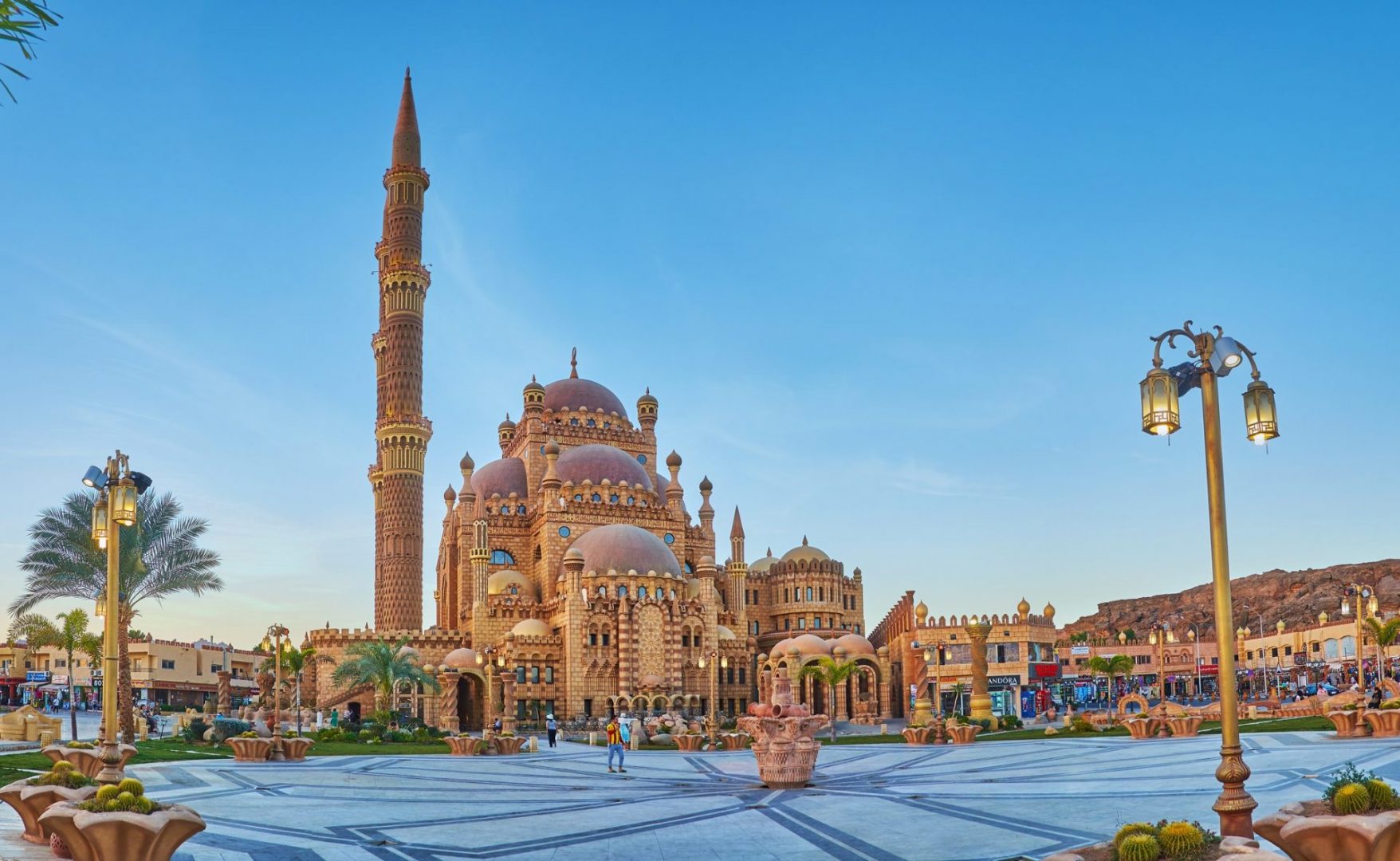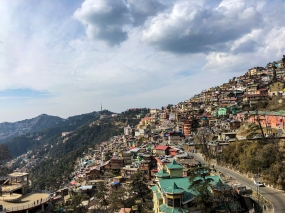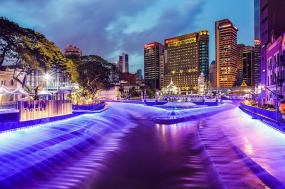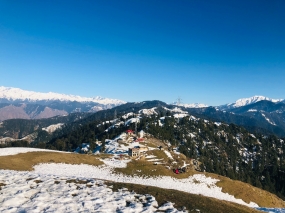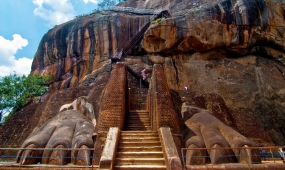Starting price per adult
| Package name | Explore EGYPT with Cairo, Sleeper Train, Nile Cruise & Sharm El-Sheikh |
|---|---|
| Duration | 9 Nights / 10 Days |
| Price (Per Person ) | 79,999 |
| Product Code | APJ0126 |
Overview
Accommodation
| Destination | Nights | Standard | Deluxe | Premium | Luxury |
|---|---|---|---|---|---|
| Cairo | 2 Night | Aracan Pyramids Hotel / The Oasis Hotel Or Similar | Pyramids Park Resort Hotel Or Similar | Barcelo Cairo Pyramids / Steigenberger Hotel El Tahrir / Le Méridien Pyramids Hotel & Spa Or Similar | Ramses Hilton / Safir Hotel Cairo Or Similar |
| Aswan | 1 Night | Overnight On-Board In Sleeper Train | Overnight On-Board In Sleeper Train | Overnight On-Board In Sleeper Train | Overnight On-Board In Sleeper Train |
| Nile Cruise | 3 Night | 5 Star Deluxe | 5 Star Deluxe | 5 Star Deluxe | 5 Star Deluxe |
| Sharm El-Sheikh | 3 Night | Aurora Oriental Resort Sharm El Sheikh / Novotel Sharam El Sheikh Or Similar | Concorde El Salam Hotel Or Similar | Sheraton Sharm / Continental Plaza Hotel Or Similar | Hyatt Regency / Movenpick Hotel / Sultan Garden Resort Or Similar |
Meals
- Breakfast Only
- All Meal in Cruise
Tour Price
| Standard | 79,999 |
| Deluxe | 84,999 |
| Premium | 89,999 |
| Luxury | Price available only on call |
Inclusions
Exclusions
Itinerary Highlights
Explore best selling packages for
ENQUIRY
Explore best selling packages for
ENQUIRY
Explore best selling packages for
ENQUIRY
Explore best selling packages for
Explore best selling packages for
Explore best selling packages for
Explore best selling packages for


